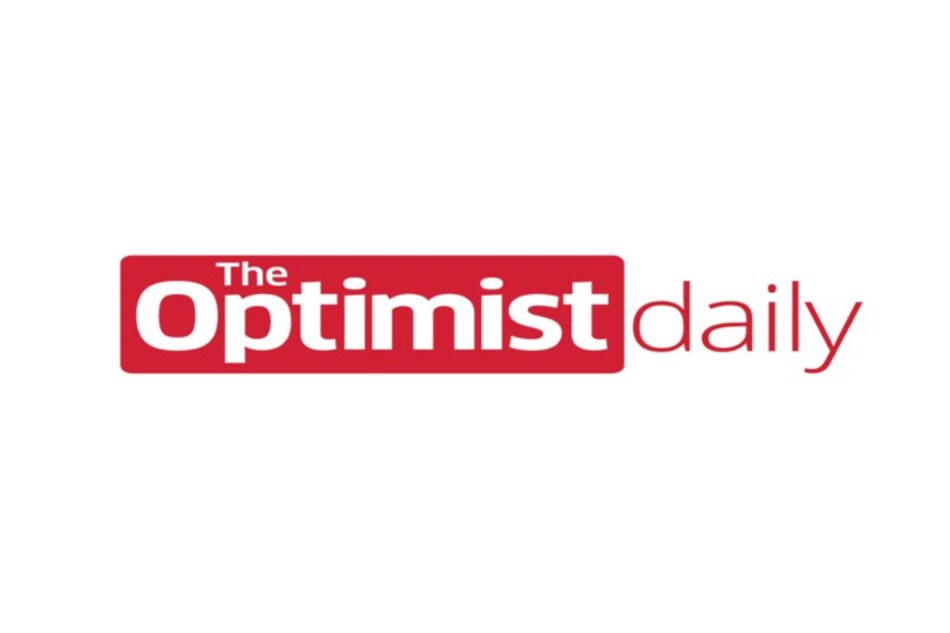Humanity’s obsession with productivity has advanced quickly with the development of new technology and the modern professional world. We have gotten so accustomed to hacking, optimizing, and maximizing our productivity levels that terms such as productivity fatigue and productivity shame have come into common use. The pandemic has been one of the few major disruptors of this ongoing relationship we have with productivity.
As we carefully take the first steps out of lockdown and into a new kind of normal, we are faced with the opportunity to reframe how we conceptualize productivity. Will we feel the urge to make up for the time spent in quarantine sitting in our pajamas? Or has this experience encouraged us to embrace a less frenzied lifestyle?
After a difficult and restrictive year, now is the best time to redefine productivity in a healthy and balanced way. Here are three strategies that will support this shift.
Give your brain real breaks. The rise of the smartphone has us perpetually cramming information into our heads, all day, every day. However, this isn’t necessarily a good thing.
Psychiatrist Nancy C. Andreasen coined the acronym REST (random episodic silent thought) in the 1990s to describe the free association our brains engage in during quiet relaxation. Currently, she is studying how this affects a small group of experts who are working at the top of their fields in art, science, math, and more.
According to Andreasen, many of the participants find that letting their minds run freely is “a big resource for their creativity.” This indicates that productivity requires a flow of new thoughts that only arise through rest. Allowing yourself a few brain breaks throughout the workday can be an effective way of restocking your mental shelves.
Embrace “Niksen.” If you want to replenish your mind, try the Dutch art of doing nothing: niksen. This is an activity (or non-activity) that may seem easy at face value, but many of us may find ourselves struggling with it when putting it into practice.
The next time you complete a job, try to stop for a moment before moving on to the next task. Close your eyes and breathe. Take a bathroom break without scrolling through your phone and opt to eat in silence rather than listening to podcasts or making work calls.
Not only will this practice remind you of your humanity (you are not a machine designed only to produce), but reclaiming these moments can help you actually improve your productivity levels by keeping your mind fresh.
Discover what lights you up. Appreciate the little things in life. If there’s anything that the pandemic has taught us, it’s that life is fragile, and we shouldn’t take the small, happy moments for granted. Take the time to have coffee with a friend or feel the sun on your skin. Also, remind yourself of the aspects of your work that bring a smile to your face and a sense of purpose to your day.
Consider trying out some mindful meditation, paying close attention to your breath, and trying to empty your mind. This may give you a clear perspective of how and why you are pursuing this work in the first place, and will then encourage you to work smarter, better, and with intention.












